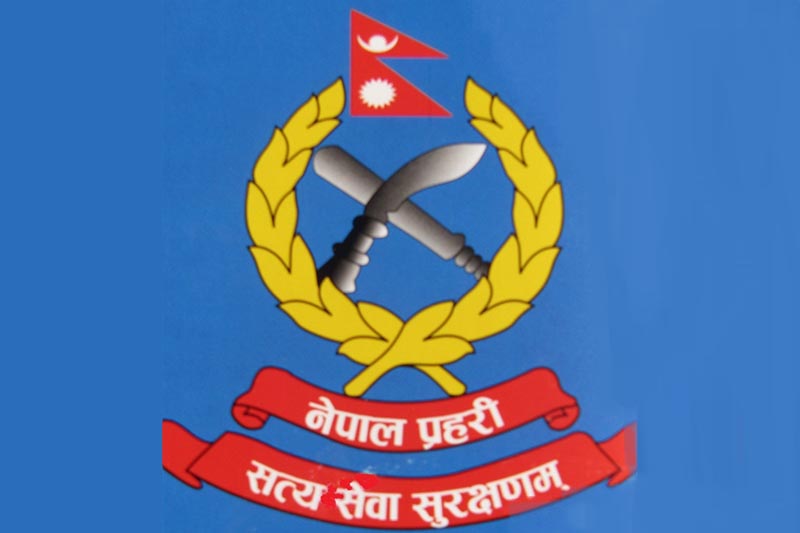Police intensify crack down on sex workers
Kathmandu, August 28
Metropolitan Police Range, Kathmandu, has intensified action against people involved in ‘illicit behaviour' and prostitution of late.
In the last one month (from mid-July to mid-August), police arrested 121 persons involved in 'illegal' sex trade.
Of the total arrested, 25 were transgender, according to police. Police had arrested them from Durbar Marg, Sorhakhutte, Balaju and Kalimati.
Superintendent of Police at MPR Ashok Singh said most of the sex workers were arrested from the road sides in Durbar Marg and Sorhakhutte while they were looking for clients.
Similarly, others were arrested from various restaurants and inns located in Raniban and Balaju area.
SP Singh said, “We arrested them after confirming that they were involved in sex trade which is not legal in the country.” They were released shortly after convincing them not to indulge in such activities in future, according to Singh.
However, women activists objected to the police crackdown on sex workers saying everyone was free to choose their profession. They also said many women were forced into sex trade due to poor economic condition.
All sex workers were kept in police custody for social offence under Section 118 of the Criminal Code Act which bars people from indulging in any kind of indecent behaviour in public places. Section 119 of the act bars people from promoting sex trade and Section 120 bars people from renting out their houses, land, or vehicles for the purpose.
The act, however, has not mentioned anywhere that sex trade is illegal and it is a punishable crime, claim activists. Advocate and woman rights activist Meera Dhungana said that laws in the country had neither termed sex trade legal nor illegal.
“Making sex trade legal will have many negative impacts in a closed society like ours. Similarly making it illegal could render many people unemployed,” she said. She also said that the police crackdown on sex workers was wrong and was a violation of their human rights.
Similarly, Pinky Gurung, president of Blue Diamond Society, said police action against sex workers, especially the sexual minorities, was guided by personal prejudice rather than legal provisions. “Until and unless the government and its bodies understand that sexual minorities are forced to engage in such profession due to lack of citizenship and recognition, our community will continue to face these problems,” Gurung added.
Meanwhile, Advocate and President of Collective Campaign for Peace Badri Prasad Bhusal said since sex trade was taken as an act of human trafficking under Human Trafficking Transportation (Control) Act and police action against sex workers could be justified.






